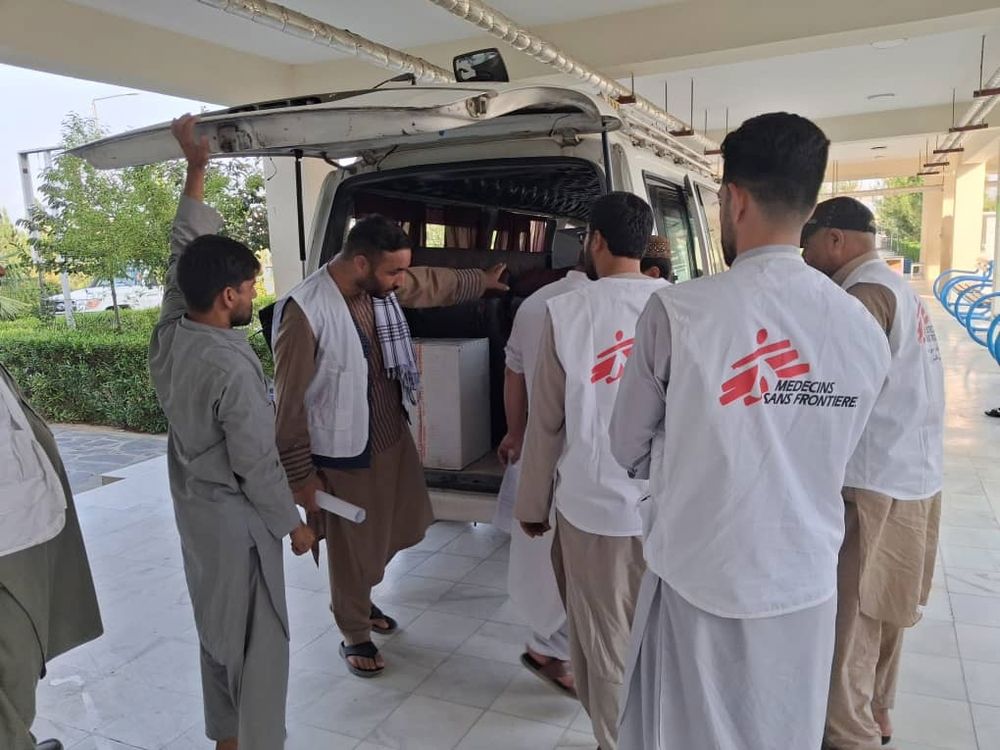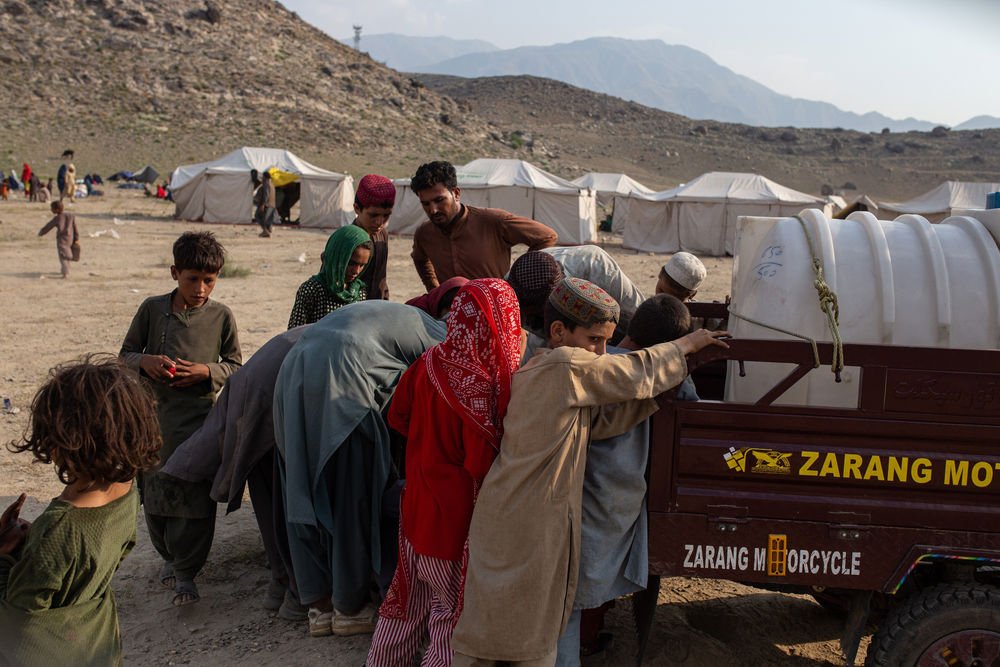On the night of August 31, 2025, a devastating 6.0 magnitude earthquake struck the Kunar and Nangarhar provinces in eastern Afghanistan. As of 2 September, at least 1,400 people are reported to have been killed and more than 3,000 injured.
The entire villages have been reduced to rubble, with many people still trapped. Tragically, the death toll is expected to rise significantly. Some areas in the two provinces were hard-hit, and the epicentre is in a remote and mountainous area that is difficult to access, making rescue efforts challenging. Local hospitals were quickly overwhelmed with the injured.
MSF teams in Afghanistan are currently in touch with the local authorities and international health organisations to assess how we may be able to provide medical support. On 2 September, an MSF team reached Nangarhar and Laghman provinces to carry out an assessment following the devastating earthquake that struck eastern Afghanistan.
MSF visited the Nangarhar regional hospital in Jalalabad city, where more than 130 patients injured by the earthquake received surgery, and around 600 patients were admitted in the past 24h, as well as Laghman provincial hospital. The team distributed trauma and wounded kits to the two hospitals.
The two hospitals were already working at full capacity before the earthquake, we saw many patients treated in the corridors and health workers in need of supplies. The humanitarian response needs to scale up urgently.
Dr Fazal Hadi, MSF deputy medical coordinator
MSF is assessing how to best contribute to the medical response and is deeply concerned about the potential spread of diseases due to the lack of basic hygiene. Many people remain under the rubble according to local sources, and the destruction of infrastructure has had a significant impact on living conditions and access to clean water, creating the risk of communicable disease.
While the full extent of the damage and needs is still being evaluated, there is no doubt that an urgent response from humanitarian and health actors is needed to provide assistance to people affected by the earthquake.
MSF has consistently run multiple medical projects in Afghanistan responding to the immense medical needs caused by decades of conflict and political upheaval, particularly among women and children. MSF currently has no medical activities running in the areas most affected by the earthquake.
Latest Update: 3 September 2025



